Everton and Liverpool's owners must remember to respect a city which knows how to fight its corner
The city’s story and the joint experiences between families, regardless of which team you happen to follow, without doubt determines the mood of both clubs
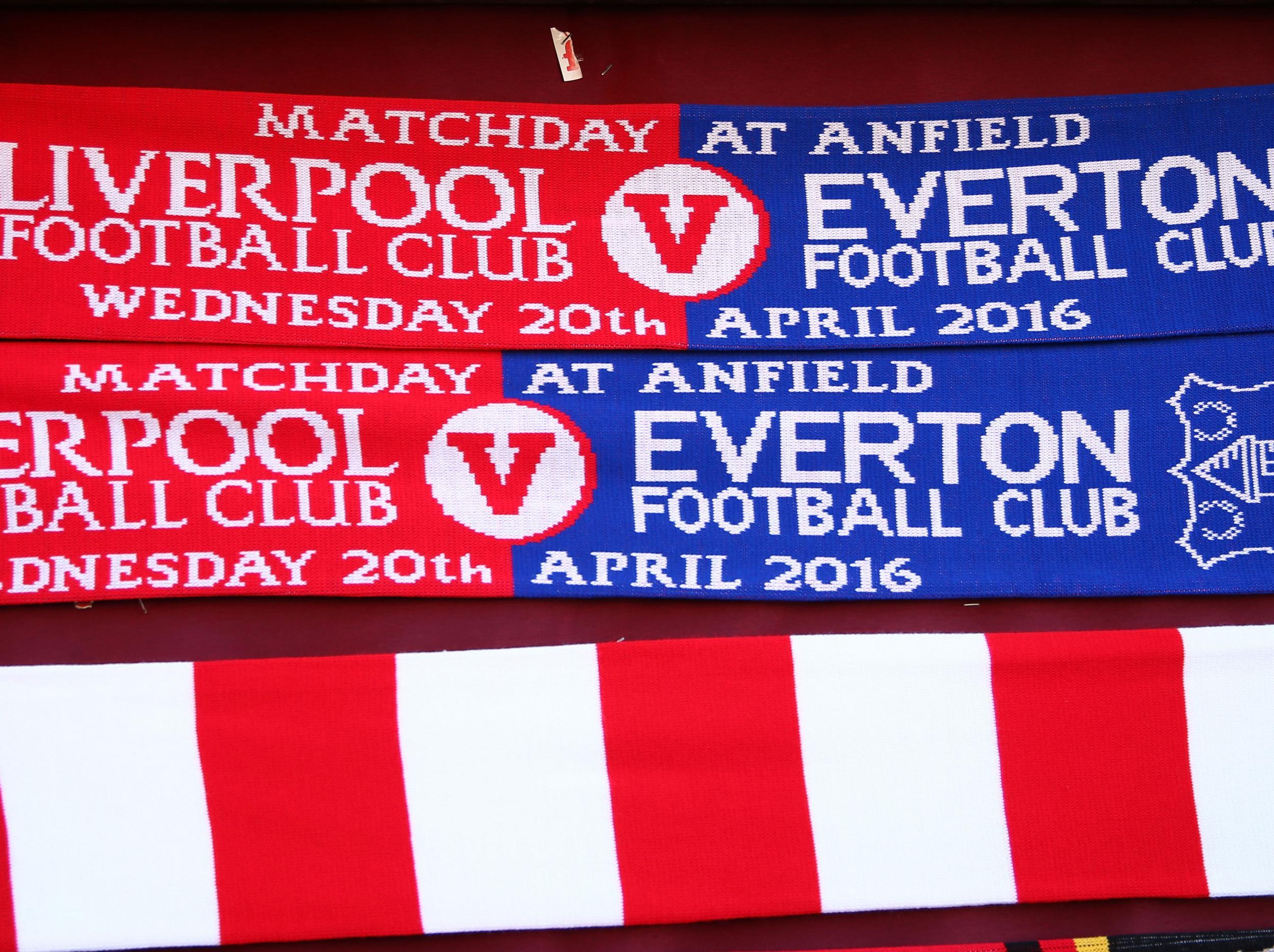
Your support helps us to tell the story
From reproductive rights to climate change to Big Tech, The Independent is on the ground when the story is developing. Whether it's investigating the financials of Elon Musk's pro-Trump PAC or producing our latest documentary, 'The A Word', which shines a light on the American women fighting for reproductive rights, we know how important it is to parse out the facts from the messaging.
At such a critical moment in US history, we need reporters on the ground. Your donation allows us to keep sending journalists to speak to both sides of the story.
The Independent is trusted by Americans across the entire political spectrum. And unlike many other quality news outlets, we choose not to lock Americans out of our reporting and analysis with paywalls. We believe quality journalism should be available to everyone, paid for by those who can afford it.
Your support makes all the difference.The high-ceilinged resplendence of the Racquet Club in Liverpool’s city centre. Neville Southall is attending the joint launch of two new books that detail the histories of both Merseyside football teams. Southall features in the Everton version prominently because he is positioned towards the very top in pantheon of the club’s greatest players. It is not the only reason journalists are willing to queue up patiently around a grand table to interview him. It is also a reflection of his status as one of the most approachable and quotable former footballers on social media. He answers questions on pretty much any subject which in part, explains why he has emerged as an LGBT ambassador.
The Merseyside derby is on the horizon, so there is only one order of this particular day. It has been a bad season for Everton but a positive has been the form of Jordan Pickford who became the most expensive goalkeeper in British football last summer. It has been claimed that Everton have never really replaced Southall but Pickford, given time, could change that. Does Southall agree with the assessment?
“He’s confident, he’s brave and he’s got a lot of attributes that could make him a very good goalkeeper,” Southall responds incisively. “But he’s still got a lot to learn…”
Southall proceeds to highlight the areas he feels Pickford needs to improve. He starts with his kicking, “because he kicks it too hard and long at the moment.” He also believes that Pickford needs to be more accurate, “to be able to drop the ball into the feet of the midfielders and forwards.” He says the big test for Pickford will come when Everton’s defence improves, “that poses different challenges because it involves an even more intense concentration. You have to choose when to get involved whereas this season and last [at Sunderland], trouble has always been there.”
Southall’s words might seem like a reproach in today’s hyper-sensitive football world but this is the sort of plain speaking that kept team-mates on their toes and ultimately helped Everton become English First Division champions in 1985 and 1987. John Ebbrell, who assisted David Unsworth as Everton’s caretaker manager before Sam Allardyce’s appointment last week, took a couple of years to figure Southall out when he was a promising teenager training with the first team in the late 80s. Ebbrell did not understand why Southall was so relentless in his criticisms only for Southall to later confide in him that he only bothered with those he rated highly.
When Southall speaks about the current regime at Everton, however, his tone switches and concern rather than guidance is detectable. The role of Farhad Moshiri, Everton’s majority shareholder, has been brought into sharper focus since October because of the way Allardyce was drafted in and, indeed, what it might reveal about Moshiri, the mysterious Iranian-born businessman who is now the club’s majority shareholder and chief maker of decisions. Listening to Southall, you sense he thinks Moshiri has ended up panicking by going for Allardyce.
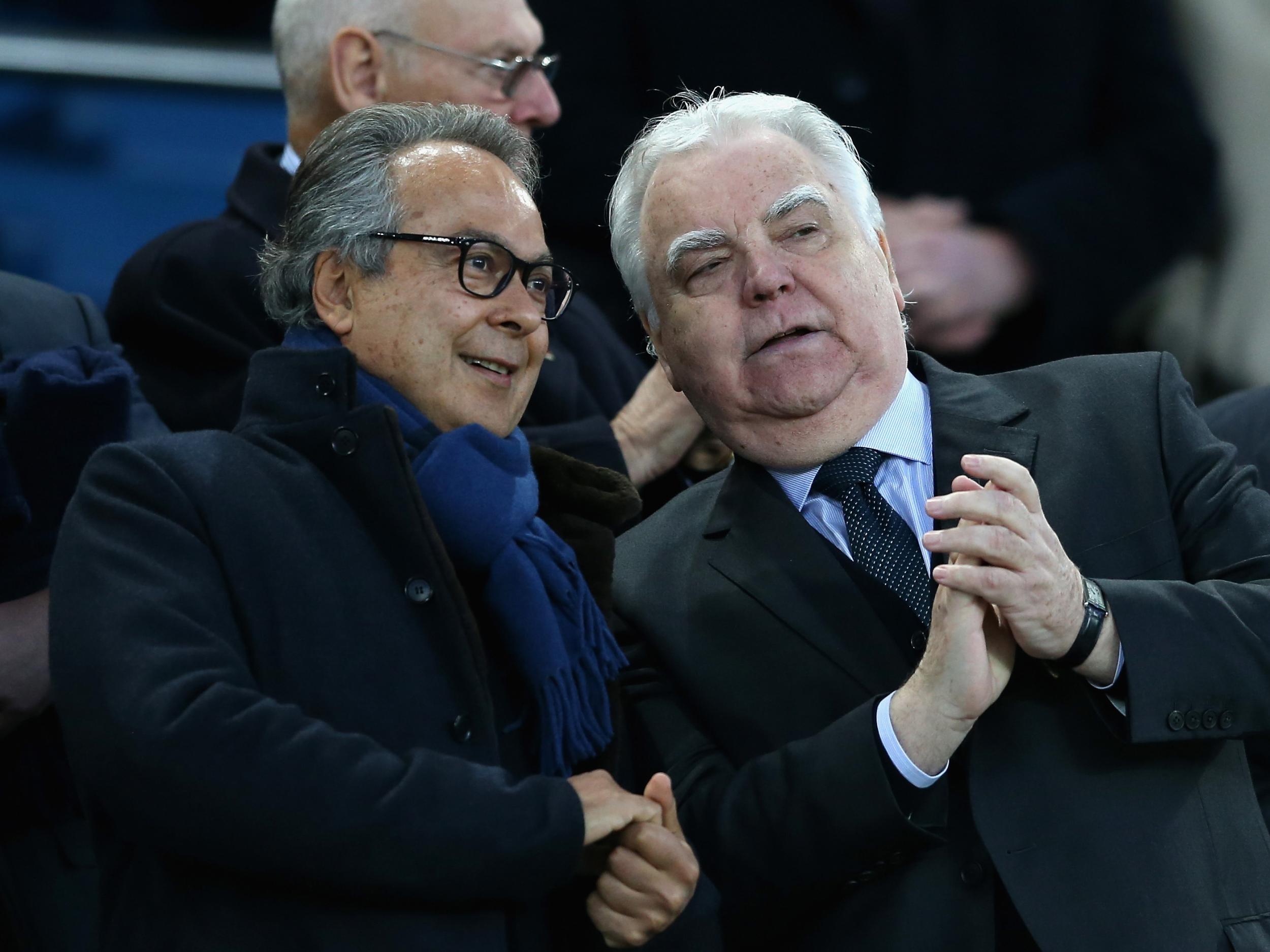
“What message does it send out to the fans?” he asks. “It says the club is worried about relegation, that we’re looking down rather than up. I still think we’re only a couple of players short. You get [Seamus] Coleman and [Yannick] Bolasie back [from injury], then you buy a decent striker and suddenly you are looking towards the top six again. That still should be the aspiration for me. I’m sick of people saying we can’t achieve. I’m only interested in what we can achieve. We’ve looked down for too long. We need to look up.
“It needs to be states exactly what the club is trying to achieve,” he continues. “At least then it would help fans pull in the same direction because you know what the aim is then. Otherwise, it’s very easy to drift along. You can dress it any way you want. Communication with the fans has not been great from the top. I think that needs to change.”
Ahead of Sunday’s Merseyside derby there will be all of the usual discussions about Everton and Liverpool – the finances, the abilities of the players, the personalities of the managers, the size and appearance of the stadiums: the people’s club against the global club. What is shared has a tendency to get overlooked or is considered not particularly important, yet both sets of local supporters are, indeed, from Liverpool and this contributes if not determines absolutely the moods at both clubs because of the city’s story and the joint experiences between families, regardless of which team you happen to follow.
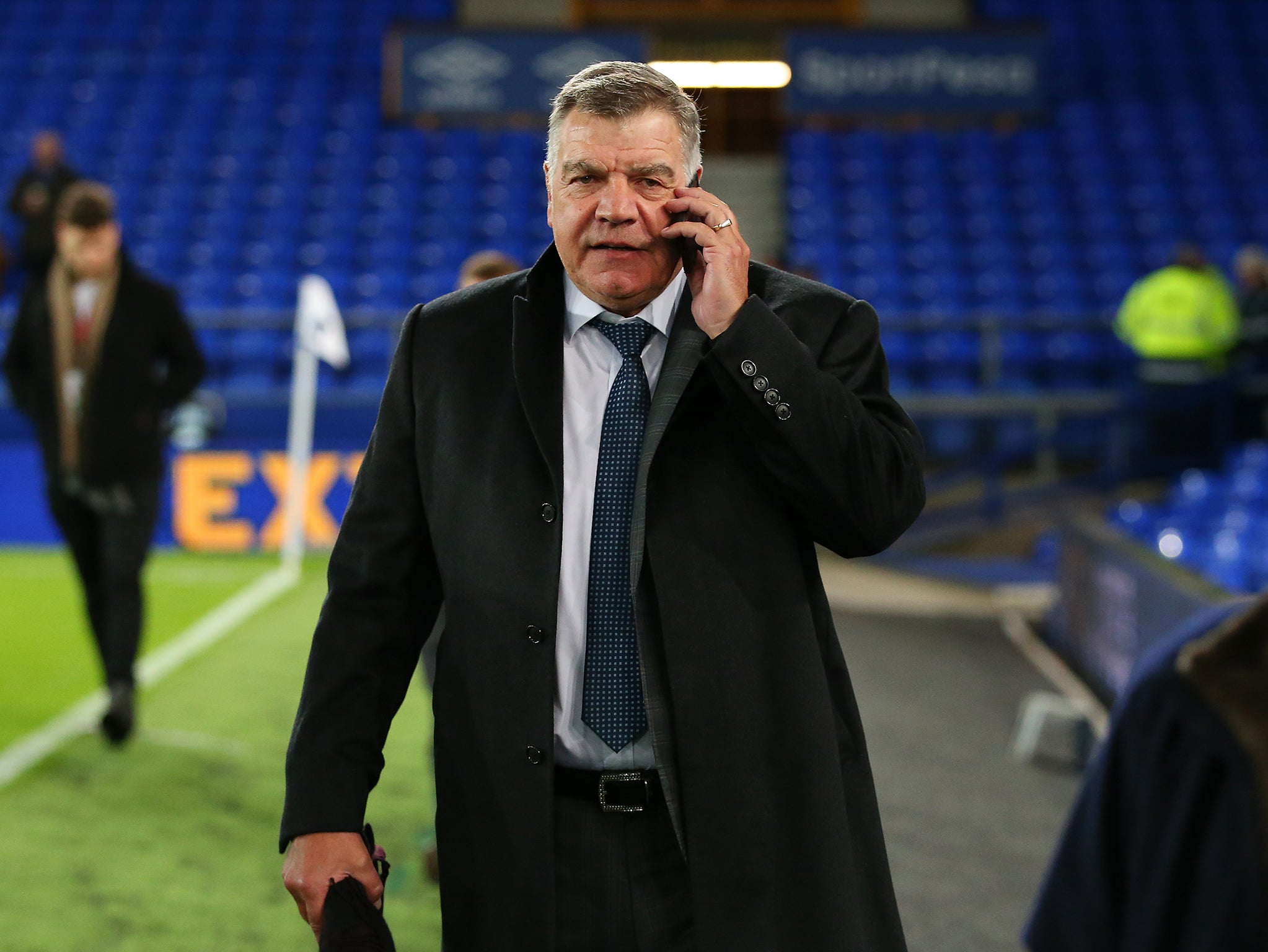
Perhaps the Racquet Club is an appropriate venue from where to start a conversation about the key issue of communication because communication relates categorically to trust and Liverpool is a place that has seldom trusted authority with good reason – especially since 1981, the year of the Toxteth Riots, when the original Racquet Club was destroyed in the conflict between the Liverpool’s black community and the police a mile and a half away from the current site.
You tend to find there is more radical thought and organisation where there are big cities and ports, so it is no coincidence there is a link between Labour, trade unionism and the strongest examples of fan activism in Liverpool. When there has been a whiff of social decline, Liverpool has been amongst the first to fight back. When there has been a whiff of trouble in the administration of its football clubs, this is a city that has known how to mobilise itself.
If he hasn’t already, Moshiri should indulge in some local history but this should be done by speaking to as many people as possible. He should know that the majority of Evertonians did not trust Peter Johnson, the club’s owner before Bill Kenwright, initially because he had grown up a self-confessed Liverpool supporter. When Johnson proposed a stadium move to the edge of town, he was intercepted by a campaign group called Goodison For Everton. The hostility towards Johnson would force him to sell to Kenwright and though Kenwright would probably claim there is no bigger Evertonian than him, trust issues have remained throughout his tenure, with the perception of Everton’s board an unhealthy one, comparable to a negative view of the House of Lords: a gathering of rich men who even though it would make lots of people happy, contribute little financially but remain highly influential without any of the accountability.
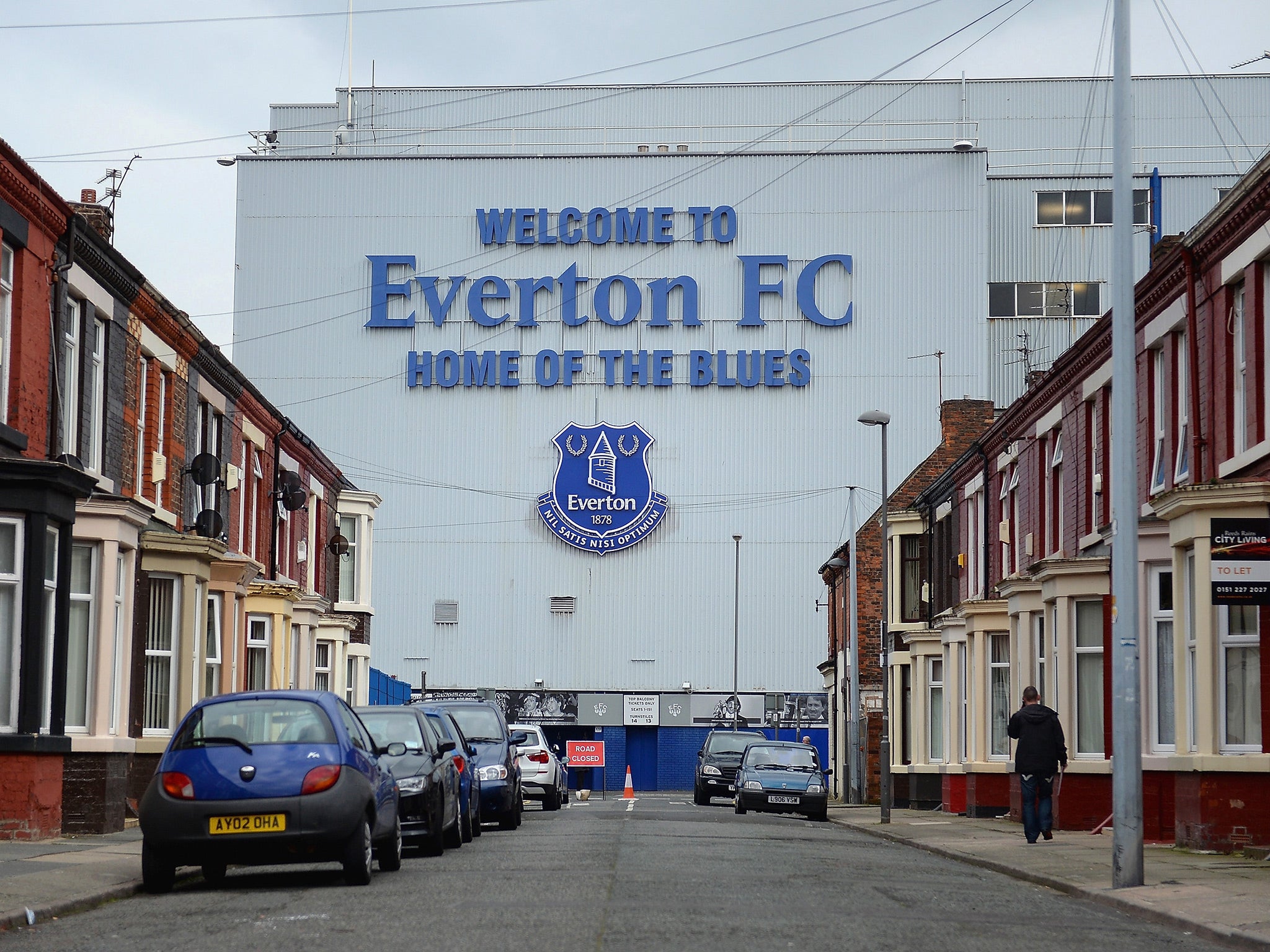
Everton missed out on what would have been a smart relocation to the Kings Dock before the scrutiny of Kenwright’s leadership intensified ten years ago when it was first suggested that Everton instead should move to Kirkby in a deal supposedly financed by Tesco, only for it to be stopped through fierce lobbying by Keep Everton in Our City.
Dave Kelly, who remains a prominent trade unionist having been a key campaigner with KEOIC, has helped ensure both Liverpool and Everton’s players will warm-up on Sunday with t-shirts that support foodbanks after a 33-per-cent rise in rough sleeping since the start of Conservative rule in 2010. Despite Moshiri securing dockland for Everton’s latest stadium plan at Bramley-Moore, it is still uncertain which private companies will finance its construction. Kelly has some doubts. “It’s pointless having a media or communications department if he’s only ever going to use Jim White,” he says in relation to Moshiri’s habit of using the Sky Sports and TalkSPORT anchor to break important news.
Prior to Moshiri’s arrival, Kelly and other members of Everton’s shareholders association would get invited to meet with the club’s chief executive Robert Elstone three or four times a year. Since Moshiri came to power in 2016, only one meeting has happened, and that was only after thirteen months of negotiations.
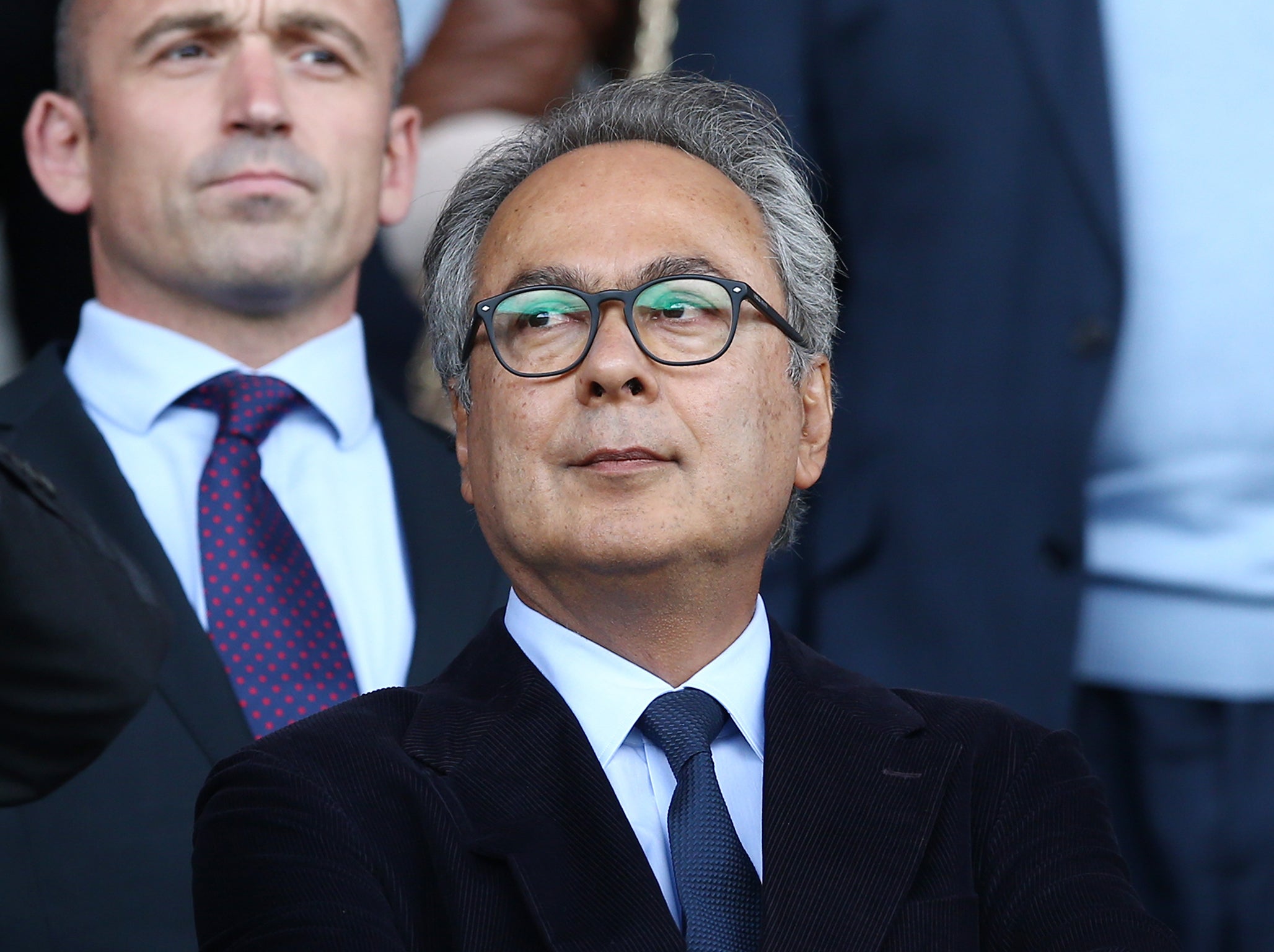
Considering one of the main reasons Moshiri left Arsenal related to his frustrations with not being able to gain a seat on the board; considering too that he only got to ask the board questions once a year at a shareholders’ AGM, you’d have thought Moshiri might have some sympathy with Evertonians like Kelly. “He hasn’t otherwise reached out to anyone in terms of supporter engagement so there’s a lot we don’t know about him,” Kelly says. “And this creates uncertainty.”
It is difficult to qualify exactly what trust is and how it is measured. Living or spending time in a place, listening to what its people have said over a number of months or years is a start; understanding the issues that have chipped away at confidence in those holding key positions. It is fair to say that Fenway Sports Group, the owners of Liverpool, are much further down the line in their quest to prove to supporters that their intentions with the club are sporting first and financial second. It has now reached the point with Fenway that any discussion about their credibility is viewed in black and white terms: say something positive and you are a stooge of their regime; say something negative and you want them to leave immediately. It means that any fair credit or indeed criticism does not always have the impact it should.
Kelly, though, has been impressed by Fenway’s decision to recruit Tony Barrett as fans’ liaison officer. Barrett is the much-respected former Merseyside football reporter for The Times and since his appointment last summer there have been several progressive initiatives, not least the one announced on Wednesday which relates to ticket prices for juniors at Anfield for next month’s third round FA Cup tie with Everton starting at just £5.
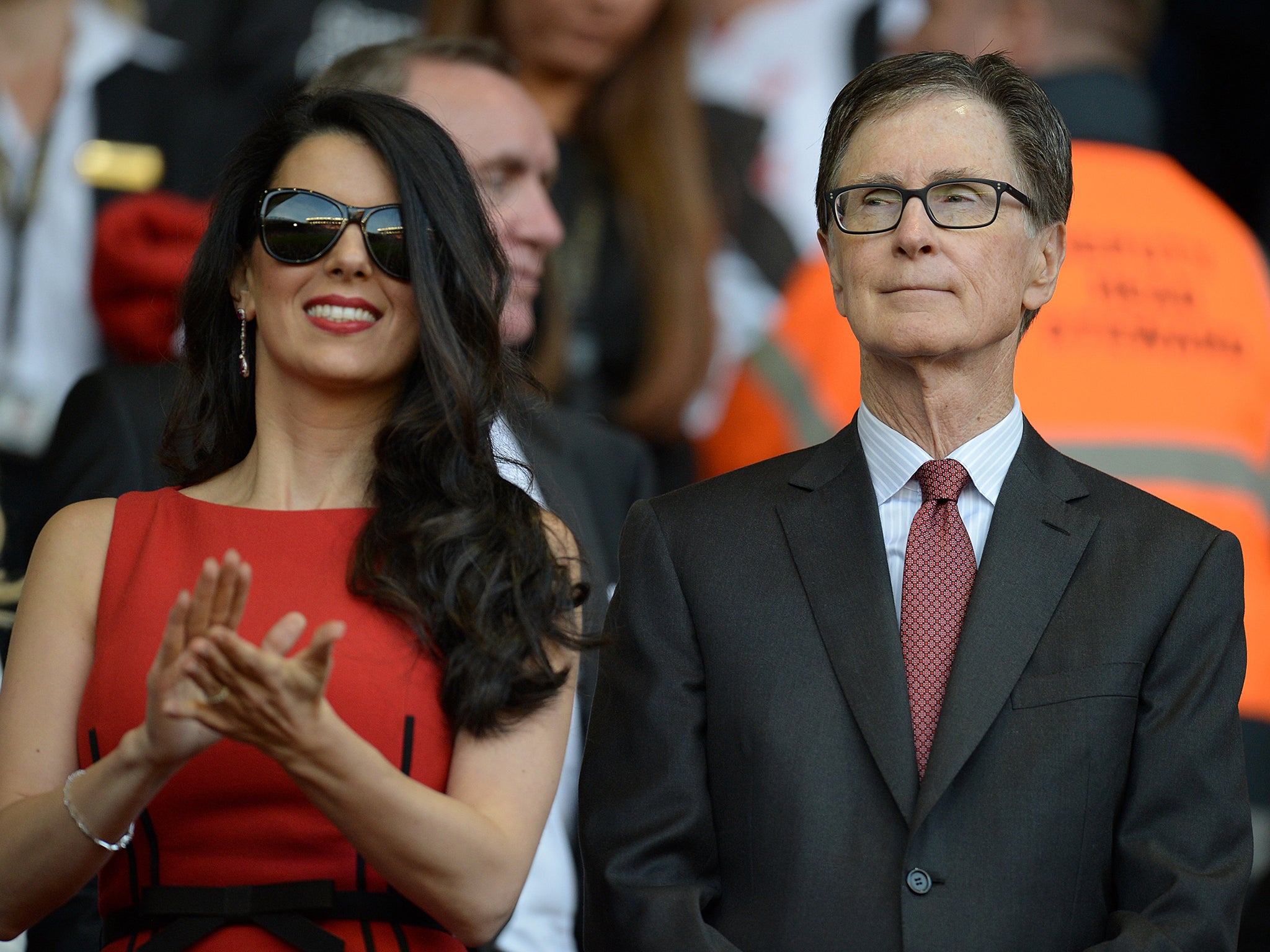
As a journalist, Barrett campaigned beside Spirit of Shankly to remove Tom Hicks and George Gillett as owners when they led Liverpool towards bankruptcy between 2007 and 2010. The scars of civil war remain and anyone sympathetic towards Fenway would remind they inherited a carcass. Yet as Jay McKenna from SOS points out, the Hicks and Gillett experience gave supporters more of a voice, “It let the genie out of the bottle.” Fenway were ultimately aware of this when they bought Liverpool and it is because of the supporters’ commitment to saving the club, they were able to buy it so cheaply in the first place.
“Liverpudlians are askers of questions,” McKenna admits. “We do challenge things. We don’t just accept the status quo. To people unfamiliar with the city, that might make us come across a little bit narky or moany. But I can live with that. As it has been shown on a number of occasions, we’ve been right to make a stand.”
Improvements have been slow-burning but it still frustrates McKenna that Fenway don’t appear to always think how fans will receive certain information, like the attempt to increase ticket prices which led to a mass walk-out at Anfield in 2016. “It might be because the owners aren’t football fans themselves,” he wonders. “I think they expect supporters to be rational when being a football supporter is highly irrational in its nature. We obsess over and place on pedestals millionaires who kick a football around and we pay a fortune to watch it.
“When you want people to believe in you, you have to accept where those people are coming from rather than where you want them to be as a starting point. Fenway wants us to be passionate and buy-in to this fabled ‘LFC family’, but the reality is, it’s not like that. The ‘LFC family’ is a glib PR term. We’re one of the most dysfunctional families in the world. Though some dysfunctional families come together when they really need to, they sometimes go for years without speaking.”
This, then, does not help Jürgen Klopp who might have been sold on an image of Anfield’s atmosphere that if not a myth anyway, perhaps once existed but only to some extent on certain occasions. If it did, it has been eroded across three decades where limited on pitch success compared to what went before has heightened frustration and limited patience and trust, especially when you take into account how much it costs for the privilege of being there now.
If Everton were to go to Anfield and triumph, it would be their first away victory in the Merseyside derby since 1999. Southall believes Allardyce is in a “win-win” situation because few, Evertonians included, expect anything else to happen. “Fatalism has crept in,” Southall says. “And changing that mentality is a challenge the club needs to embrace.” This too can surely only change with clear direction from the very top.
*Faith of Our Families and The Red Journey, oral histories of both Everton FC and Liverpool FC (deCoubertin) are available now from www.decoubertin.co.uk
Join our commenting forum
Join thought-provoking conversations, follow other Independent readers and see their replies
Comments